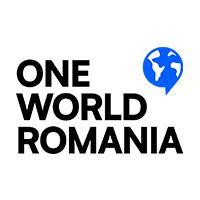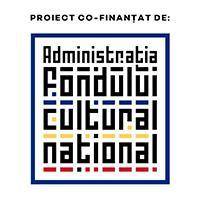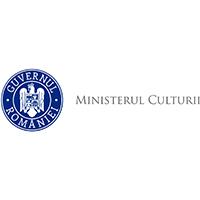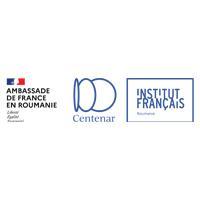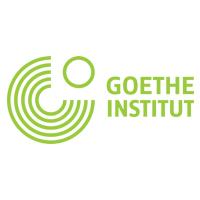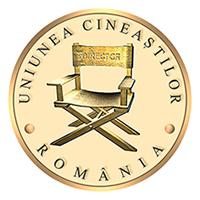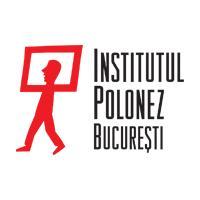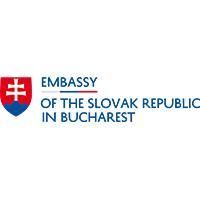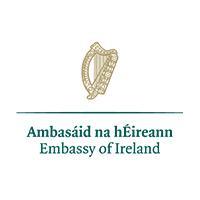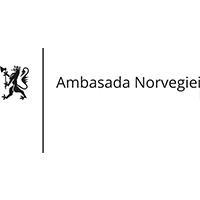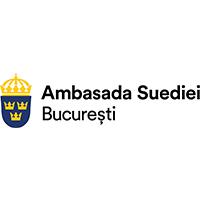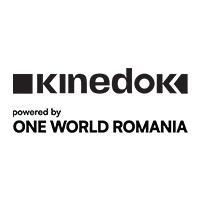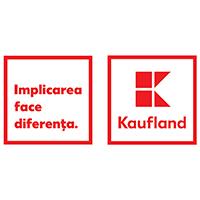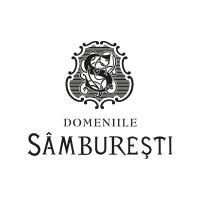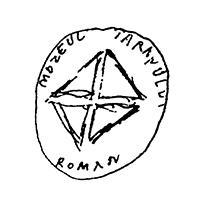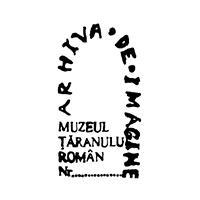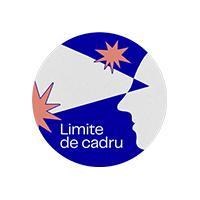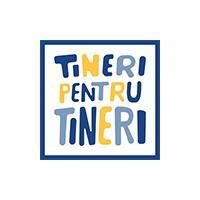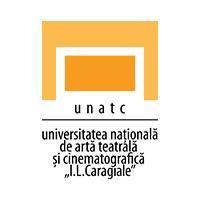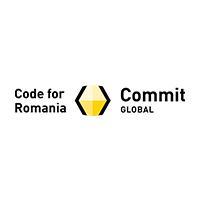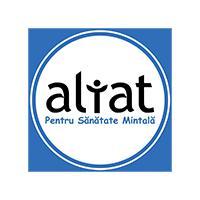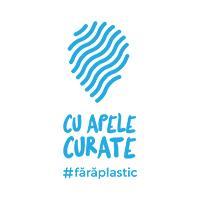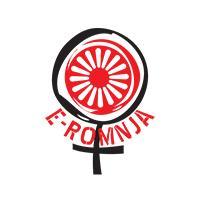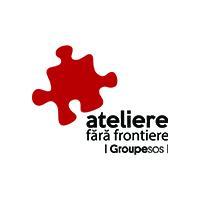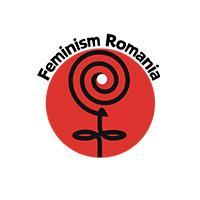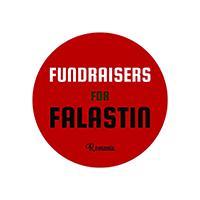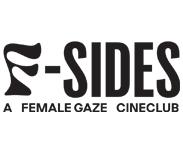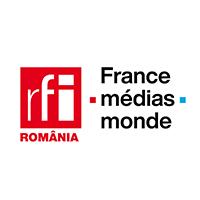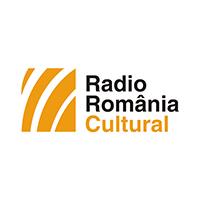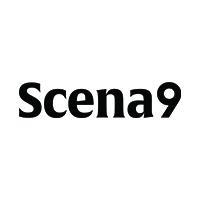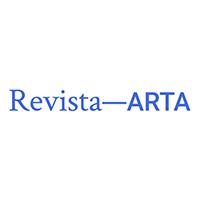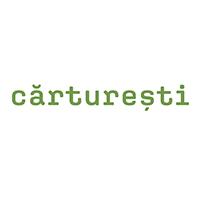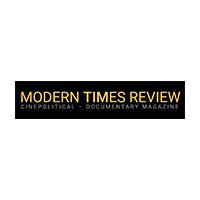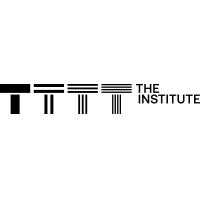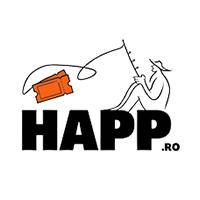IN DIALOGUE WITH REALITY
Celebrating its 18th “coming-of-age” edition, One World Romania is honoured to welcome back to the festival one of the masters of documentary filmmaking, dedicating its retrospective Focus to the rich body of work of Marc Isaacs.
For a director whose filmography spans two decades and just as many short and feature-length works, One World Romania’s selection is but a small sample of Isaacs’ powerful, humanist cinema.
Tracing the chronological evolution of his unique approach to a hybrid genre Isaacs calls “fiction documentary,” audiences will experience his films over the course of 4 days in engaging discussions with the filmmaker himself, followed by a dedicated masterclass on Sunday, April 13th.
Marc Isaacs’ style is defined by a playful experimentation with form and a deliberate “intervention into reality.” Working as both the cameraman, soundman, and director, his presence and “planned spontaneity” approach (of hidden and less hidden interventions) becomes increasingly palpable throughout his career.
Equally important to his mastery of form and innovative approach, is Isaacs’ gentle yet direct manner in which he confronts his subjects: a delicate balancing act of empathy and inquiry, confrontation without affront. A pervading sense of melancholic alienation and injustice runs through his work, balanced by moments of humor and candour - reaching a particular peak in the later part of his work, where a sharper humor emerges in parallel with a more pronounced fictional dimension to writing and directing.
A testament to the power of empathy and the art of storytelling, his entire filmography has retained its relevance in the way that Isaacs chooses to focus on ordinary people, exploring themes of social inequality, migration, racism & populism through the complexities and contradictions of human nature. What sets Isaacs apart is his particular human quality of engaging the ‘other’ on equal footing, regardless of their ideology. Rather than pontificating, he tries to understand what stands behind each perspective.
Already from his first film, LIFT, one witnesses the seeds of Isaacs’ filmmaking. Applying his ‘planned spontaneity’ approach to a multicultural portrait of residents in a block of flats, he allows silence and probing lines of inquiry reveal the contradictions inherent in both human nature and cinematographic construction. In ALL WHITE IN BARKING, Isaacs steps outside the confines of LIFT’s vertical tower-block to the urban sprawl of the city of Barking, observing its rapidly changing demography. Despite tensions between British residents and their immigrant neighbors, Isaacs provokes unusual encounters where human universality and racist prejudices clash, often humorously.
In OUTSIDERS and CALAIS: THE LAST BORDER, Isaacs focuses his camera at various port of calls - whether it’s a roadside food stand in the heart of migrant-laboured farmland, or the border-town Calais, his patiently observant interviews shed light on racism, xenophobia and the intricate lives and conflicting perspectives that define our world.
MEN OF THE CITY and WHEN NIGHT FALLS explore the vulnerability and melancholy of wide-ranging masculinity caught in Capitalism’s alienating spinning wheel - be it in the rat-race of London’s business center or the sheltering cabins of long-haul truck drivers. Street-sweeper wisdom, hedge-fund traders taking stock of their lives and hardened truckers turned sentimental odalisques become exemplary contrasts of Isaacs’ array of characters.
THE FILMMAKER'S HOUSE marks a decisive shift in Marc Isaacs’ career. Starting as a protest film against the flattening of creative freedom from film funds and broadcasters, Isaacs creates a docu-fiction hybrid where scripted cliché cultural clashes seem to spiral out of the filmmaker’s control. A post-Brexit microcosm of Britain unravels themes of multiculturalism, hospitality, privilege and compassion with subtlety and lightness, making THE FILMMAKER’S HOUSE one of Isaacs’ most thought-provoking and deeply engaging works.
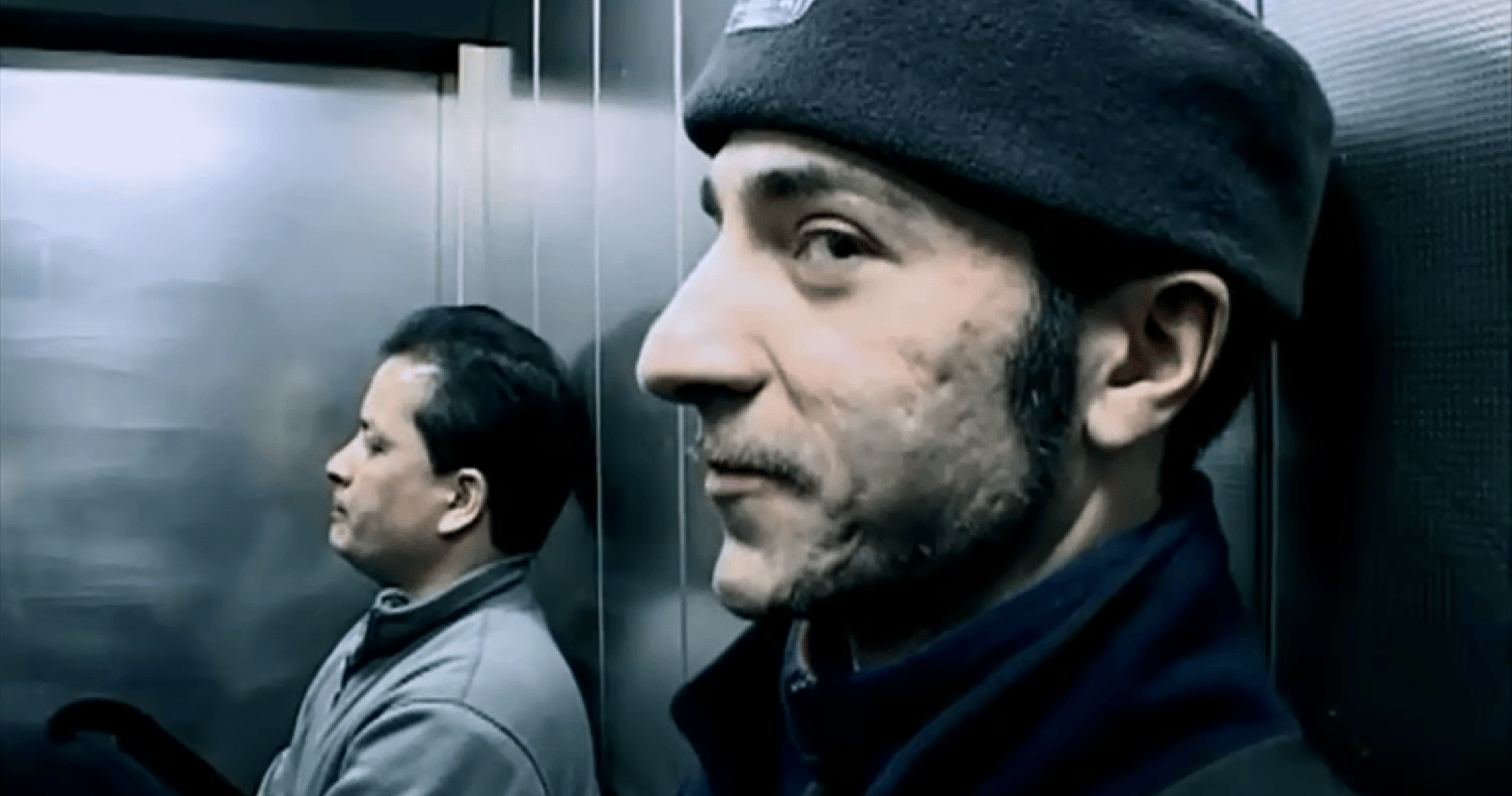
2001 24' United Kingdom
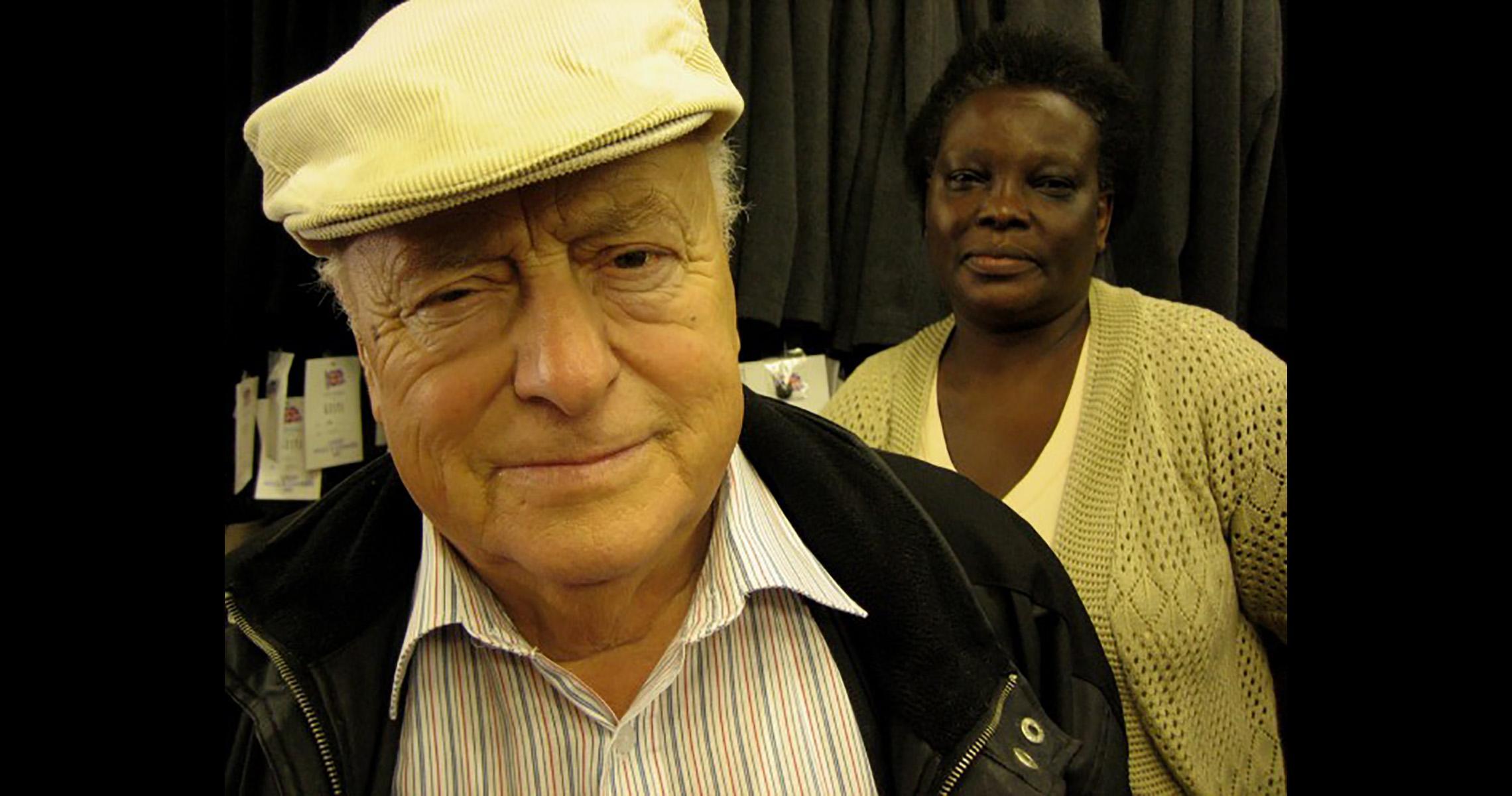
2007 73' United Kingdom
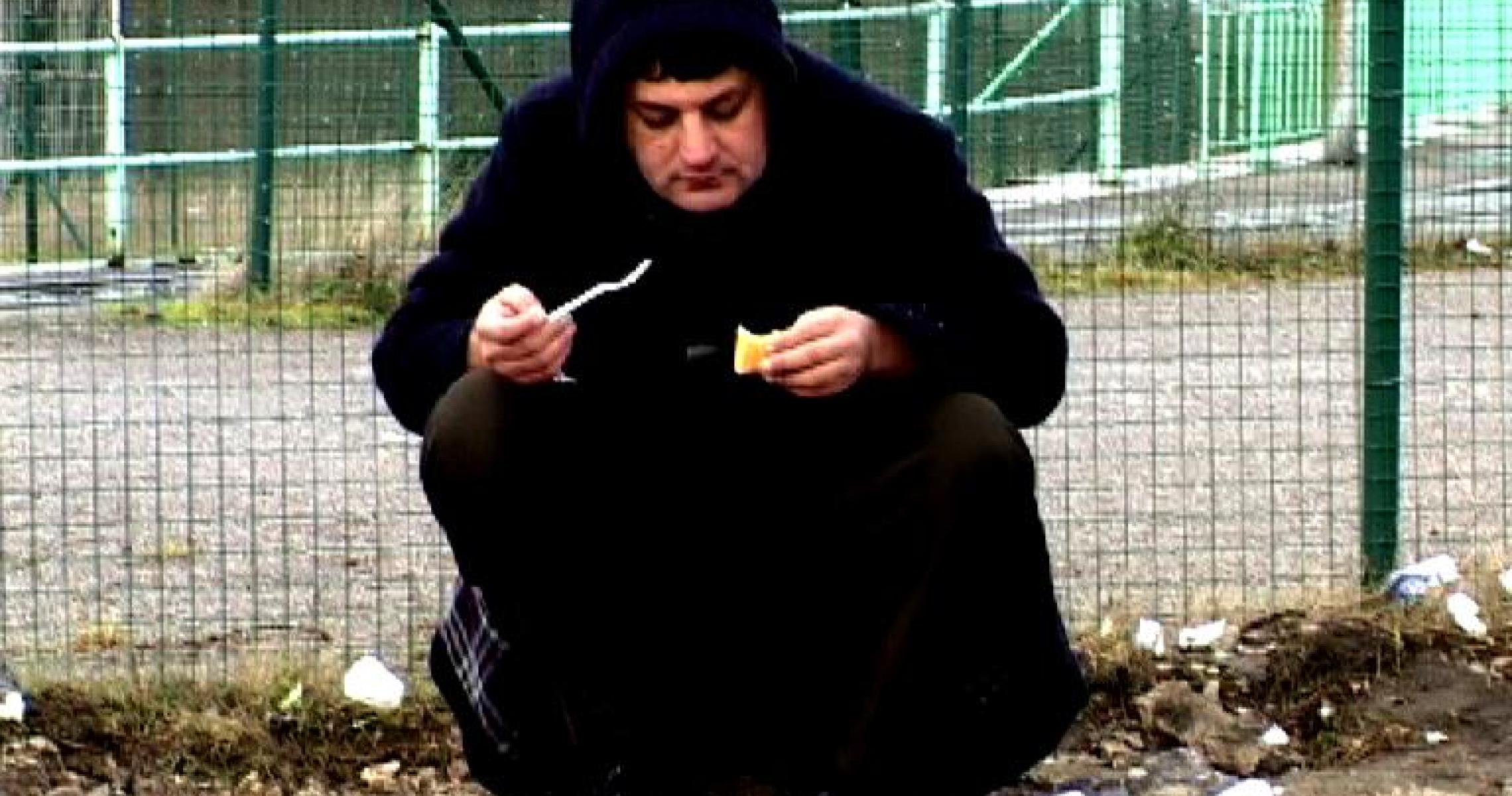
2003 59' United Kingdom

2014 18' United Kingdom
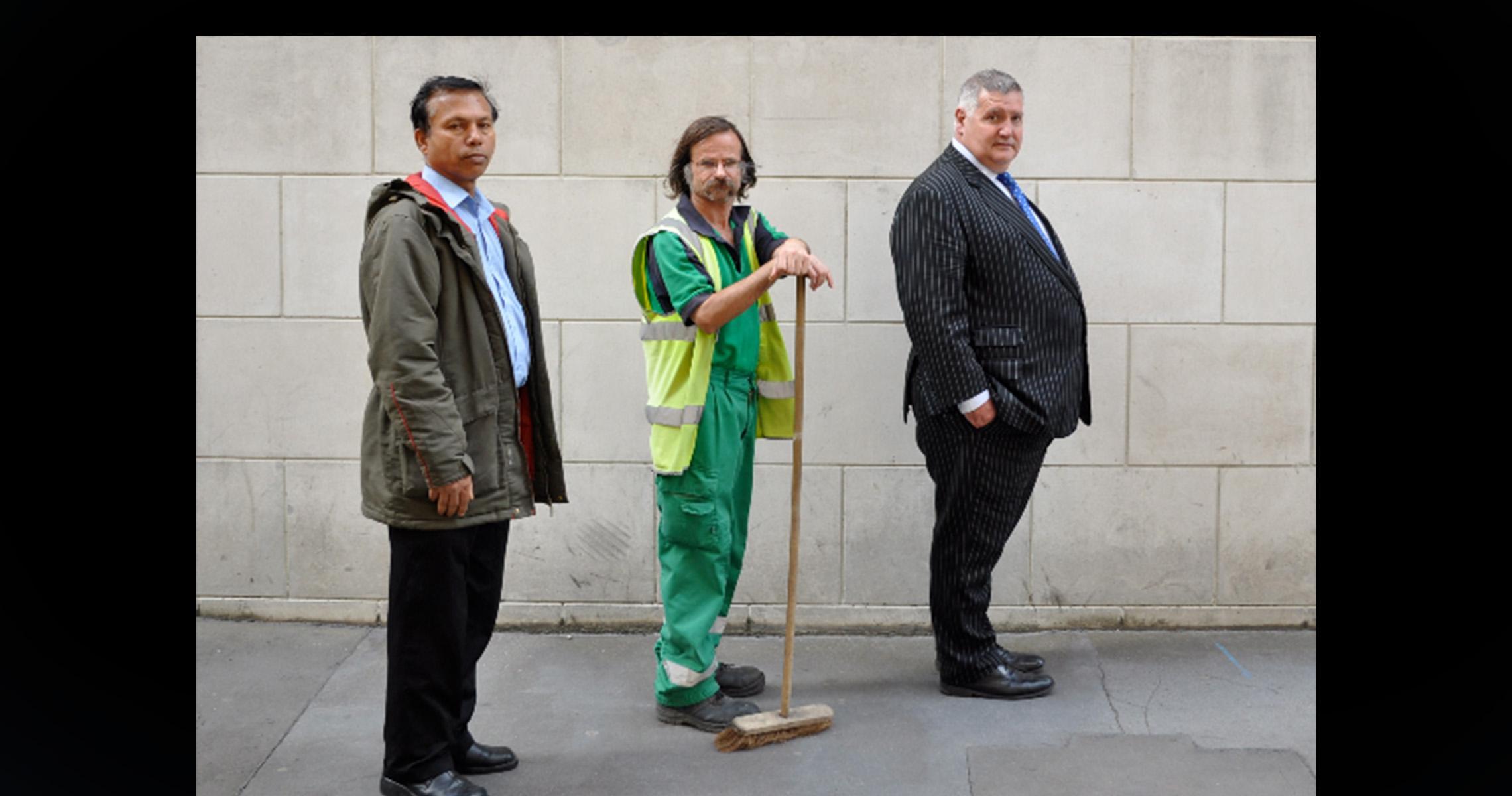
2009 58' United Kingdom
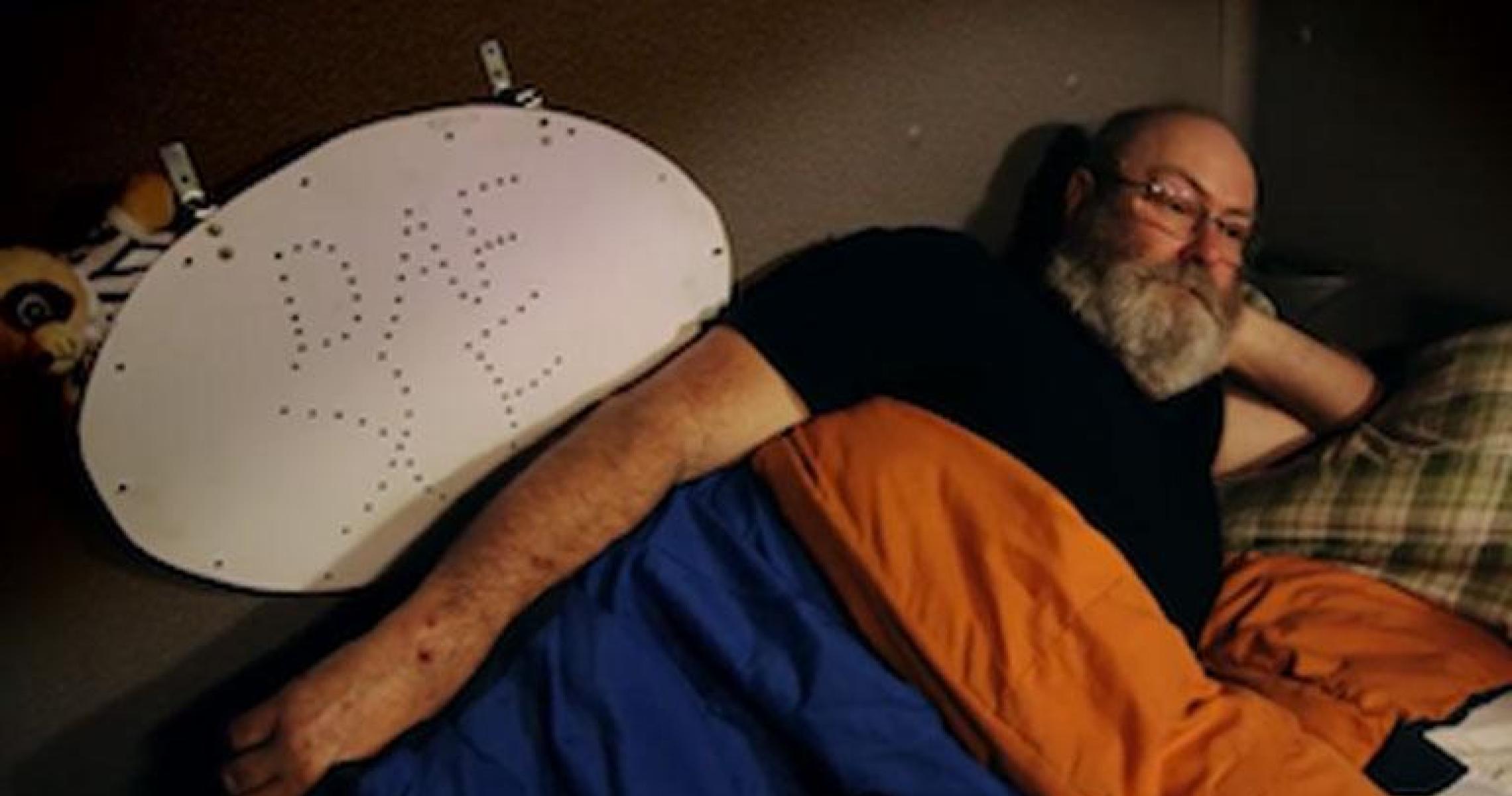
2016 18' United Kingdom
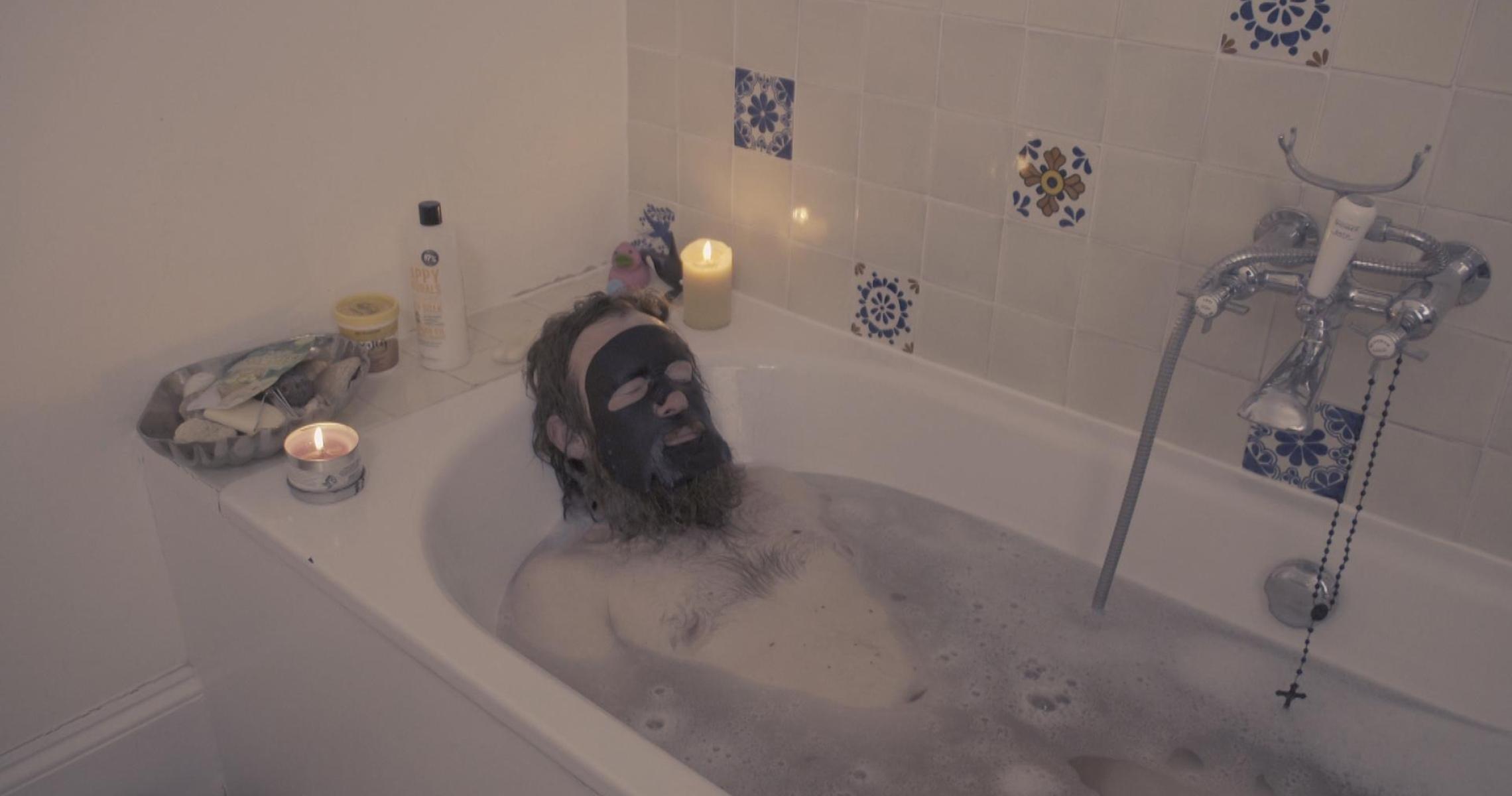
2020 75' United Kingdom
